Vicky Moran’s gritty new play, ‘No Sweat’, is rightly advertised as an “experience”. It weaves an emotional and political web of verbatim interviews, personal experiences, and authentic voices to draw its audience into the invisible world of gay saunas. With blood pressures boiling and stories blistering, the play explores the lives of three gay men struggling to find stability in a world plagued by prejudice.
Despite their entrapment in an intimate space of locker rooms, towels, and showers, Charlie, Tristan, and Alf have the space to tell their stories as they struggle with sex work, refugee rights, and substance abuse. The recordings of interviews, descending on the audience throughout the play, support the characters with a truth which immerses you into the reality of LGBTQ+ homelessness. The intimacy of the space, despite its intensity, is warped by the use of screens. These serve to provide a separation between the characters and the audience, enticingly inviting the audience into the characters’ experiences while reminding us of our powerlessness to help them. The use of partial nudity further exacerbates our sense of the characters’ vulnerability, though oftentimes they appear blissfully unaware of this themselves. Such unawareness plays on the characters’ ignorance of their own status as homeless. Vicky Moran draws particular attention to this aspect of those lives based in sex saunas, saying, “another side to this that we uncover in No Sweat is that a lot of people don’t even know or identify as homeless, because they are sofa-surfing, survival sex-working or sleeping anywhere they can find.”
This theme of self-image conflicting with external appearances is rawly portrayed when the actors use split characters, adopting two personas in one scene, to show interactions between their characters and those who are supposed to help them. Talking to the Home Affairs Officer, Charlie struggles to talk about conversion therapy and death threats imposed on him back in Pakistan. Although all performed by the same actor, while the Officer's questions are addressed to the sides of the stage, Charlie’s answers are delivered to the audience immediately in front of him. These scenes are true demonstrations of the actors’ versatility, providing a stark contrast between those in need and those with the potential to fulfill those needs.
Movement sequences are also used as transitions to provide relief from the tension of dialogue-heavy scenes, although the shifts between performance styles – from largely naturalistic to largely physical units –could have been more committed and less jarring. Likewise, the monologues of each character might have been more purposeful if they found a more subtle performance style, which better accounted for the proximity of the audience to the actors.
Although not every audience member will find it easy to identify with the characters and their experiences, it is impossible to fail to feel empathy, and yet also respect, for their struggles and courage in persevering. Vicky Moran deals superbly with finding this balance, saying, “It’s a play based on real life stories and it doesn’t shy away from telling some that the audience might find very hard to imagine happening to them.”
The play certainly doesn’t “shy away” from telling the toughest stories out there to be told. It exemplifies why experience isn’t the only path to understanding, and why visibility for social issues doesn’t always equal the magnitude of its problem. The play perfectly demonstrates how theatre can dive deeper than artistic endeavours for the sake of dramatic progression, and instead serve as advocacy for social change. It touches and delights its audience, but it also educates them and raises awareness for LGBTQ+ issues.
Above all, this play is authentic. Vicky Moran discussed the research used in her creation process with us, saying, “Other people have contributed to the stories being told sharing their own personal experiences, so it was really hard to make sure everyone’s voices were represented. I want everyone to make their own mark on the show so they feel empowered.”
This is indeed a play of representation. It is a play which promotes theatre as a form of activism, draws audiences into reflective contemplation, and hopefully provides a voice for the thousands of LGBTQ+ youths who suffer as a result of prejudice.
This is a play of social justice, and deserves to take its place amongst the innovative creations on the stage of modern activism.
No Sweat runs through to February 29 at The Pleasance Theatre London
We also interviewed director and author Vicky Moran, where we spoke about the process of writing the show. You can find that interview here.


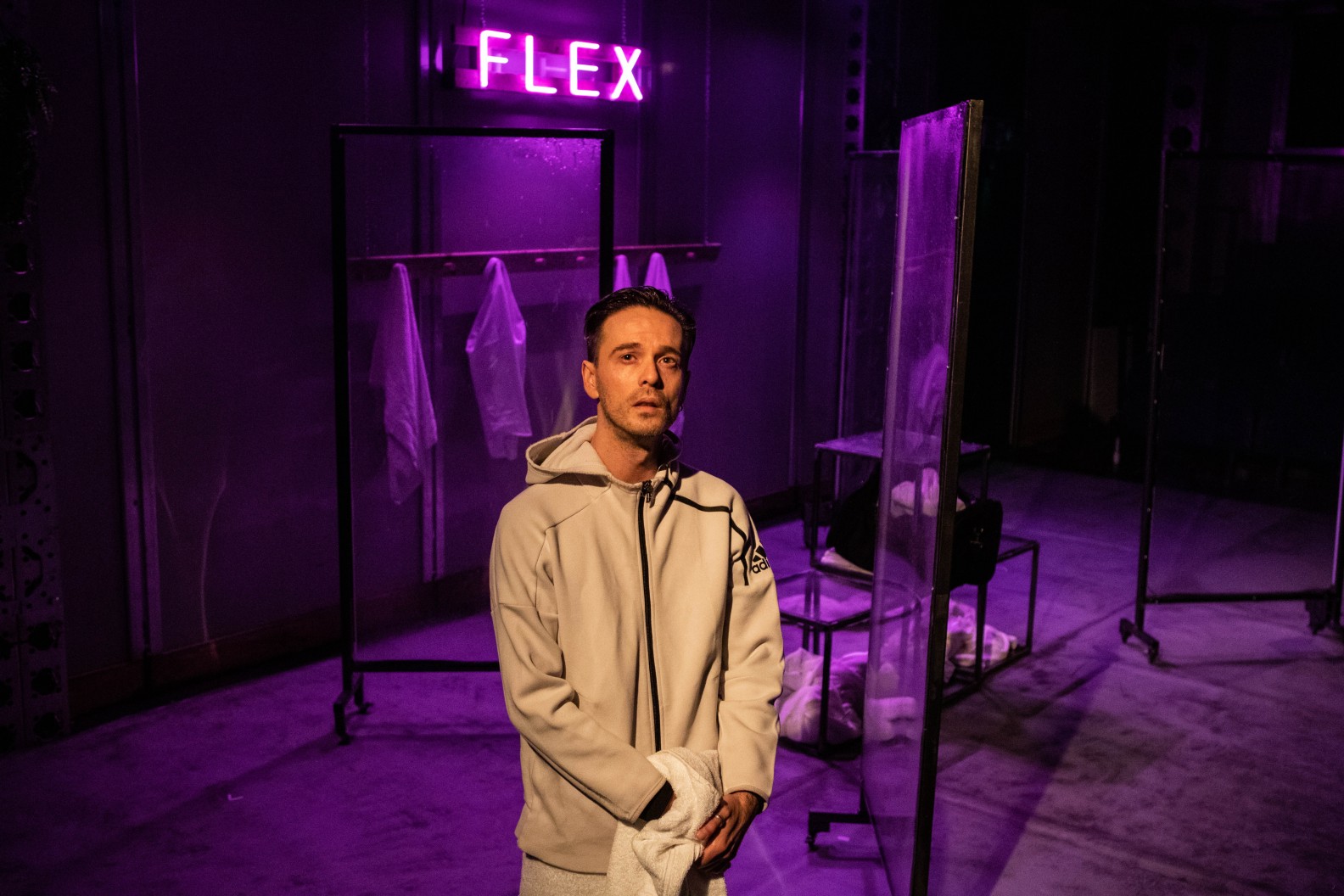
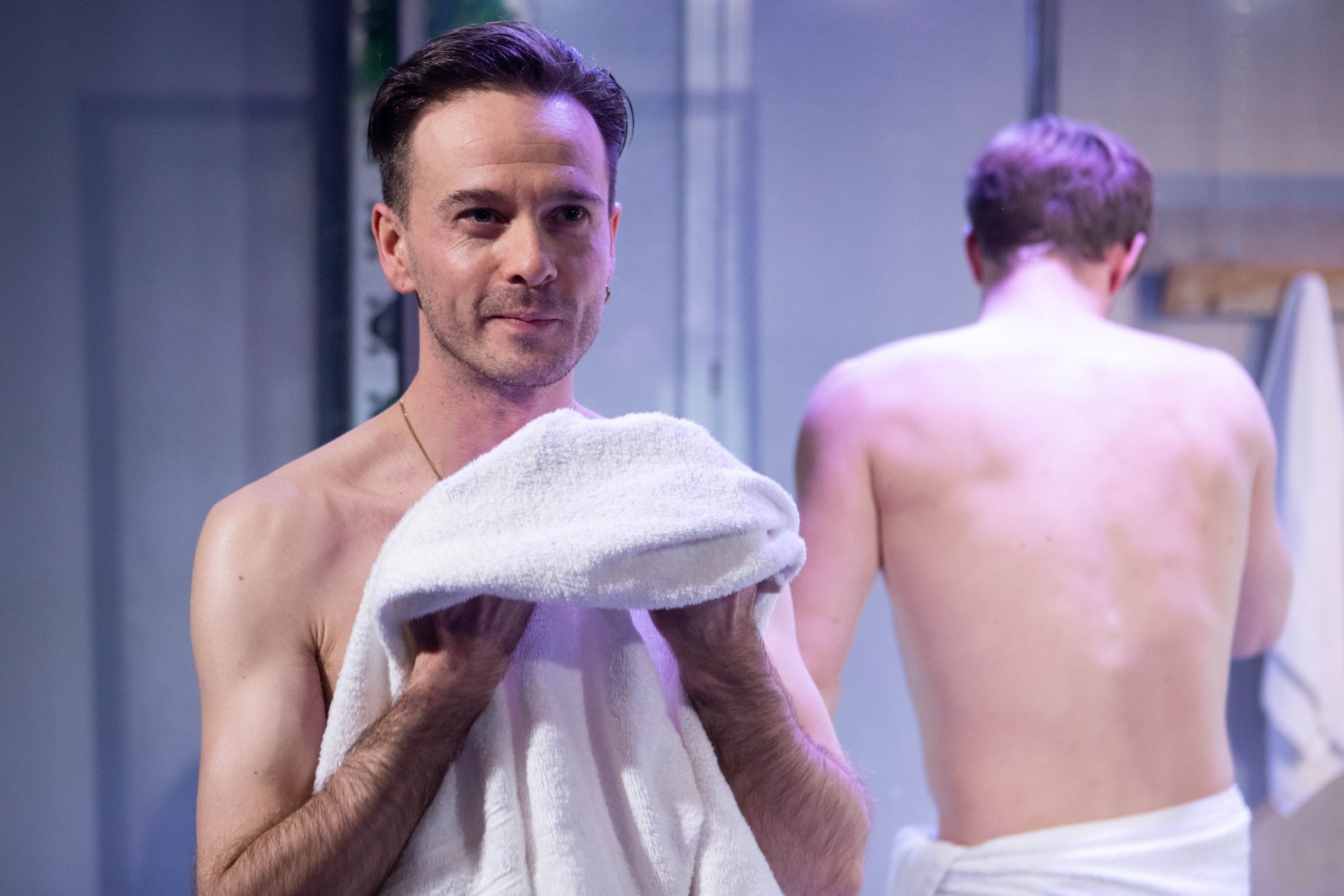




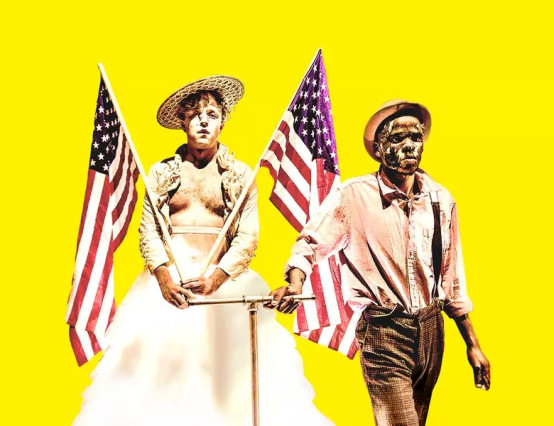

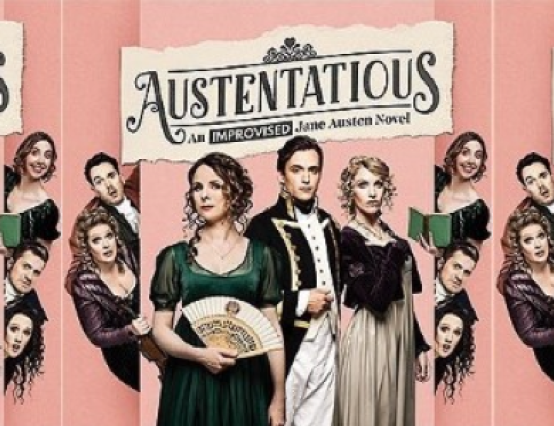
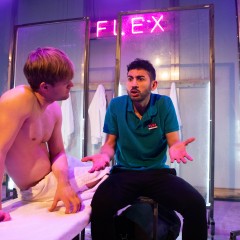


very good work and the art is good as well